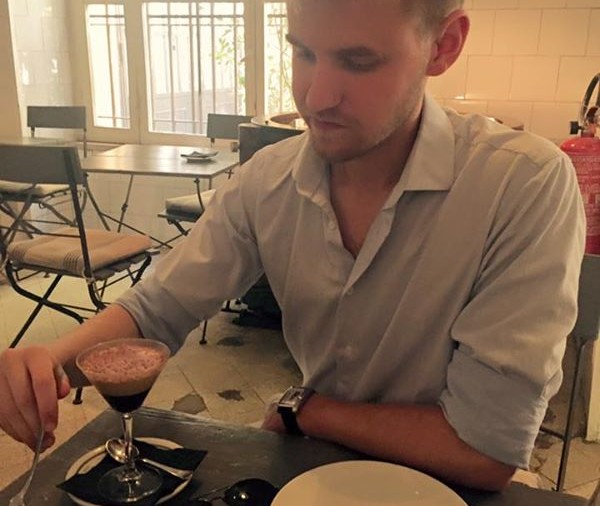It’s one of the most common mental health issues. According to the NHS one in three of us has an addiction of some type. If you’re reading this in the library, look to your left. Now look to your right. The chances are that either yourself or one of the two people sat next to you have an addiction of some kind. Scary, right?
Yes.
Yet, it’s not as scary as you might think.
You see, there is a clear difference between addiction and dependency. Dependency is when your body becomes dependent on a drug. This can be anything from morphine to coffee. Many people just don’t feel right without coffee regularly throughout the day. Yet, they are not addicted to coffee – it’s just that for their body to feel good and work properly, they need caffeine. This isn’t a positive thing. If your body is dependent on the caffeine, when your system is empty you get withdrawal symptoms. People can get snappy, feel overly tired or get muscle pains. And this just from coffee.
One day, aged 19, my left lung collapsed. For the next few days I received oramorph (oral morphine). After just a few days I had become partly dependent on it in order to not to feel any pain. Even though much weaker drugs would have worked, my body was dependent on the morphine. Luckily, before this got too bad, the doctors noticed and took me off it. The withdrawal wasn’t nice.
But it wasn’t an addiction. Addiction consumes you. It’s all you will think about all day, every day. A drug addict can, and often is, dependent on a drug. However, unlike when I needed the morphine to not feel pain, an addict craves the morphine. The thought of not having it consumes their worries and the desire to take it can be the only thing that drives their life.
Addiction can be caused by many different things, not just drugs. Addictions can include shopping, working, sex, being in relationships, being miserable and so much more. Some would argue that being addicted to running or work is far less negative than being addicted to drugs or gambling, for instance. Whatever your view on this is it should be noted that no addiction is a good thing. As I’ve already explained an addiction consumes you and allows very little else in your life. For example, people who are addicted to working often suffer greatly with their personal life. They often struggle to get solid and long lasting relationships. Doing work isn’t a happy thing for them, or something that makes them feel positive – it’s that when they don’t work they feel awful.
Many people don’t know they have an addiction. If you don’t think you do then don’t worry. Remember the majority of people don’t have one. But if you suspect you might have one there is plenty of help. But you need to start somewhere. A good place would be to contact the Leeds university counselling department. They have trained counsellors who will help to resolve your problems or give you advice on where to look for more focused help. Another place to look for help is to consult your GP. If you’re a student at the university you can register at the Leeds medical practice and should book an appointment if you feel you might have an addiction. Many people see addiction as a choice. It’s not; it’s a medical condition and is largely out of your control. Reaching out for help if you have an addiction can be the hardest thing but once you have you will find it much easier. Living life with an addiction channels all your energy down a very narrow corridor, when life not addicted is so wide and has so many more options.
Aaron Macarthy Beards

